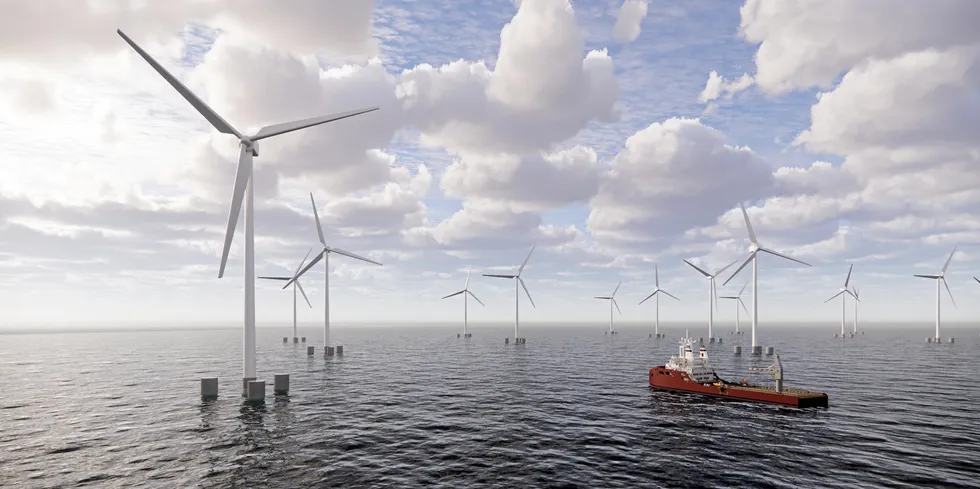Irish green transition blow as Equinor exits $2.3bn plan to swap coal plant for floating wind and hydrogen
Norwegian giant confirms it 'won't move ahead with offshore wind in Ireland' as partner cites concerns over regulatory progress

Norwegian giant confirms it 'won't move ahead with offshore wind in Ireland' as partner cites concerns over regulatory progress
